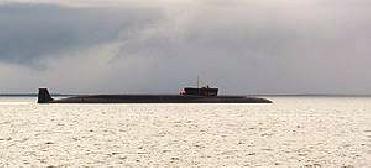
Borey class submarine during sea trials. A file photo.
The Borey class (or Borey, named after ‘Boreas’, the North wind) is a type of nuclear-powered ballistic missile submarine produced and operated by Russia. It is intended to replace the Delta III and Typhoon class subs in the Russian Navy. Borey is the first class of submarines developed by Russia since the soviet era.
The keel of the fourth-generation Project 935 strategic missile submarine Yuri Dolgoruky was laid down at the Sevmash State Nuclear Ship-Building Center at Severodvinsk on November 2, 1996.
The launch of the first submarine of the class was scheduled for 2002 but was delayed because of budget constraints. The vessel was eventually rolled out of its construction hall on April 15, 2007 and was put into the water for trial in February 2008.
The Yuriy Dolgorukiy was the first strategic missile submarine to be launched in the 17 years since the end of the Soviet era; in fact, it was the first Russian (rather than Soviet) vessel.
Currently, there are two more Borey class submarines under construction. The planned contingent of twelve strategic submarines is expected to be commissioned within the next decade (five "Project 955" are planned for purchase through 2015).
Project 955
The redesigned submarine was reclassified as Project 955. The creation of D-19UTH missile complex designed for the new nuclear strategic submarines of the Borey-class was undertaken at GRTs KB named after V.P.Makeev. The new complex would be equipped with a solid-fuel ballistic missile of greater reliability and longer range, capable of being fired from surface and under-water positions.
The Yuri Dolgoruky should have entered into service in 2001 as the first of six third-generation submarines that were to replace Mk 941 Typhoon-class SSBNs.
However, this did not happen because the development of a solid-fuel ballistic missile, which was to replace the obsolete R-39 (RSM-52) SLBM (NATO reporting name, SS-N-20 Sturgeon), could not be completed. The missile's initial three tests were conducted unsuccessfully at a White Sea testing range in the late 1990s. Each time, the missile blew up in mid-air, failing to reach its target.
The Yuri Dolgoruky submarine is 170 meters long, has a hull diameter of 13 meters, a crew of 107 (55 officers), a maximum diving depth of 450 meters and a submerged speed of about 29 knots. It can carry up to 16 ballistic missiles (Bulava, upgraded from Topol-M SS-27 missiles).
Two other Borey-class nuclear submarines, the Alexander Nevsky and the Vladimir Monomakh, are under construction at the Sevmash plant, with a fourth submarine on the future production schedule list. As of 2007, it was reported that Alexander Nevsky (the second sub) will be ready by 2009 and Vladimir Monomah by 2011.
The announced plan is for eight Boreis by 2017. By 2015, the State Arms Programme provides for building seven Project 955 submarines. In the following two years, the eighth vessel will be constructed under a new Arms Programme.
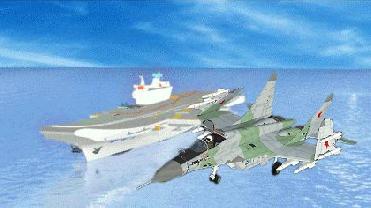 Previous Article
Previous Article Next Article
Next Article
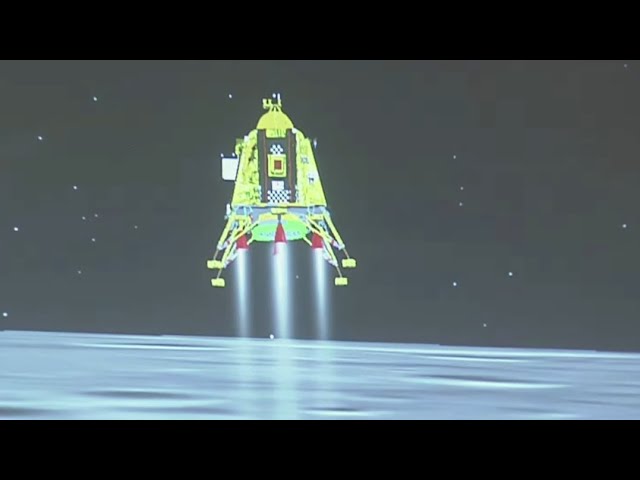
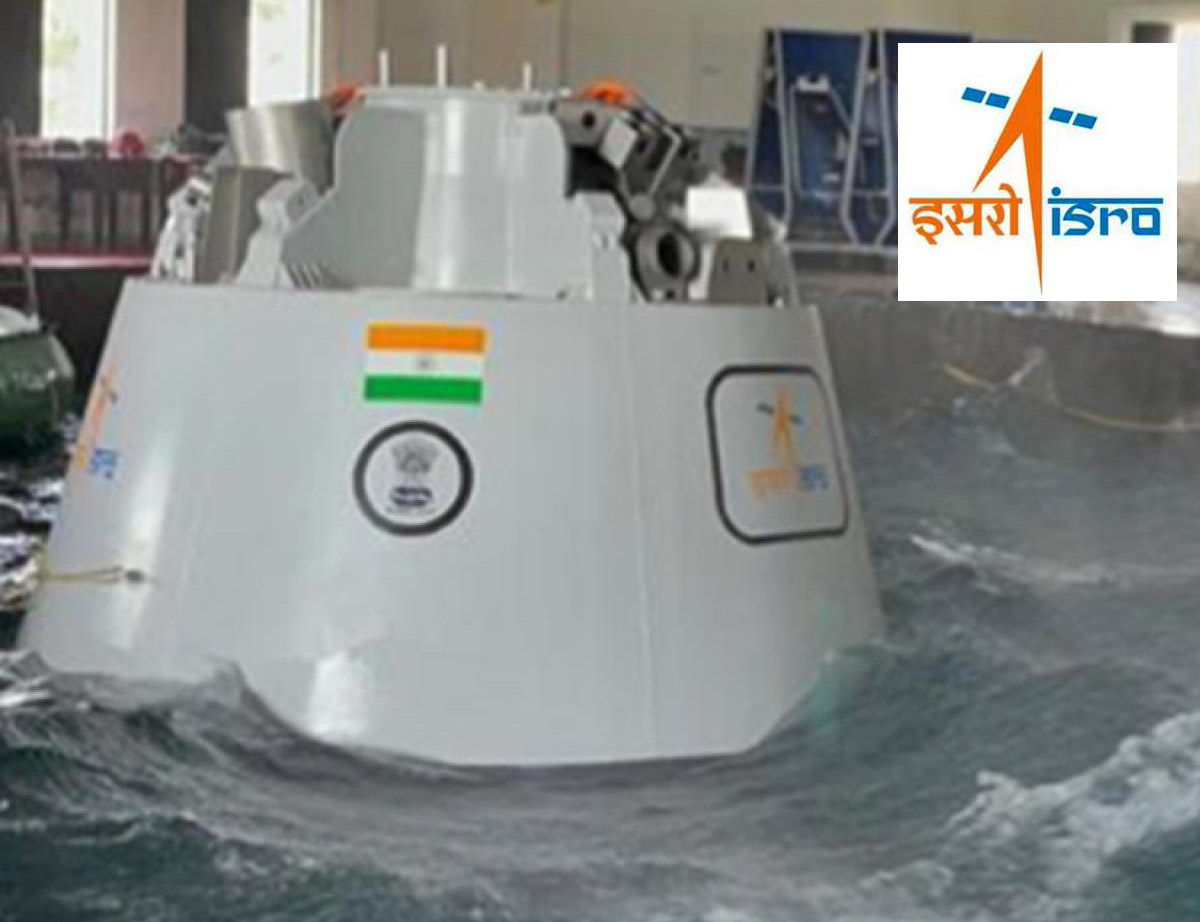
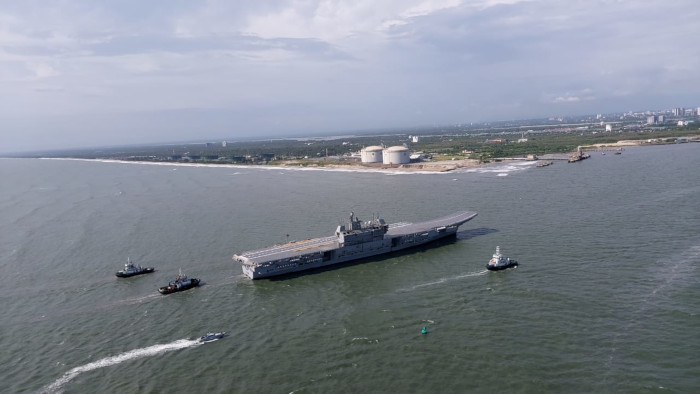










The Indian Air Force, in its flight trials evaluation report submitted before the Defence Ministry l..
view articleAn insight into the Medium Multi-Role Combat Aircraft competition...
view articleSky enthusiasts can now spot the International Space Station (ISS) commanded by Indian-American astr..
view article